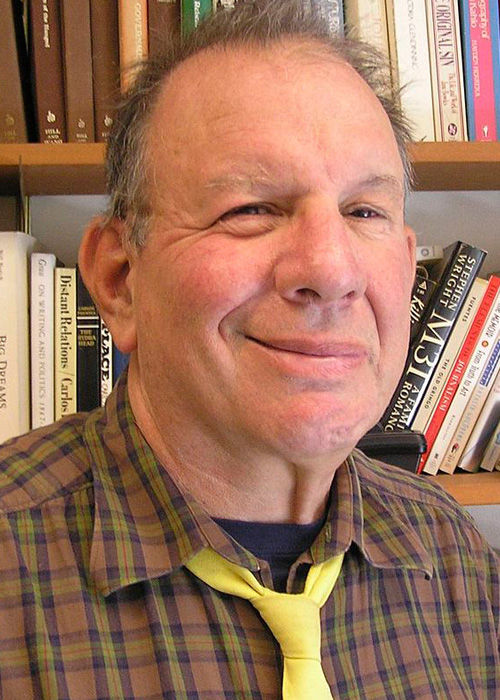Here, in a nutshell, is 2018. The cultivation of cannabis and the manufacture of cannabis products will become legal, but only for those with permits from local government and licenses from Sacramento.
Those who scoff at the fees and don’t receive the necessary paperwork will be subject to fines. They will also risk the loss of property. Many growers are running scared, even though there will be no more raids on gardens and plantations by armed deputies and no more jail time for the guilty.
Entrepreneur Eli Melrod, 22, is ecstatically happy. He’s the CEO and the co-founder of Solful, a marijuana shop in Sebastopol that will sell cannabis to those with a recommendation from a doctor. Melrod will also sell recreational, or “adult use,” marijuana to those over 21.
Still, many industry analysts feel that the division between medical and adult use is bogus. Indeed, all marijuana, no matter how it’s labeled, has profound impacts on mind and body. In that sense, it’s all medicinal, though the medicinal variety will be less expensive than the adult variety, because it won’t be taxed.
Two parallel systems with dual rules doesn’t make sense, though the city of Sebastopol is apparently delighted with the new world of legalization and taxation. On December 19, 2017 the council voted 5-1 to issue permits for adult use at the two pot shops in town: Solful and Peace in Medicine, now owned by SPARC, which has deep pockets and big plans for expansion.
“We are ecstatic with this historic decision from the Sebastopol City Council, once again showing their leadership,” Melrod stated in a press release titled “Cannabis Prohibition Ends in West Sonoma County.”
Playing nice with the city can’t hurt business.
Cotati and Santa Rosa will follow Sebastopol’s example. The town of Sonoma has opted out.
The Sebastopol-based attorney Omar Figueroa, 46, isn’t jumping for joy about legalization. Still, he admits that the new rules are better than the “Draconian prohibition we have had.” His own practice will not suffer. A long-time criminal defense lawyer and now increasingly an expert on cannabis business law, Figueroa has an office in walking distance of Peace in Medicine. For years, he has called himself a “freedom defense lawyer.” That means he has battled DAs to keep defendants out of jail and without fines to pay.
Surprisingly, in 2017, he only had one cannabis case, not because his fees were high, but because almost no marijuana growers were arrested. Over the past two decades he’s had hundreds of clients.
“The cops didn’t go after cultivators,” Figueroa explained over lunch at Fork Roadhouse on Bodega Highway. In his one and only case this year, Figueroa persuaded the DA to drop charges from a felony to an infraction, which meant that his client went free.
Probably not at the start of 2018, but soon afterwards, state and local agencies will crack down on those who violate the new world order for marijuana.
Distributors who ship marijuana out of state, and users under 21 will also be targeted. Drones will identify properties without licenses and permits.
“Enforcement is coming to Sonoma,” Figueroa said. “The DA’s office will pursue civil remedies for civil violations and the Marijuana Enforcement Team at the California Department of Fish and Wildlife will target growers who divert streams, pollute waterways and harm the environment.”
That’s all good. In the pursuit of profits, many marijuana growers failed to adhere to sustainable farming practices.
Figueroa argues that legitimate growers will put pressure on enforcers to go after those who operate on the black market, sell cannabis at lower prices and thereby provide unfair competition.
“Fines and loss of property will be greater deterrents than arrests,” Figueroa said. “In the past, defendants would go back to growing after they were released from jail.”
Chris Coursey, 63, the mayor of Santa Rosa, doesn’t expect big revenues from the pot industry in his city. Santa Rosa has modest tax rates for cultivation, manufacturing and retail sales. All outdoor cultivation is banned, though the indoor cannabis manufacturing industry is expanding in large warehouses.
“Regulation of marijuana will cost us a chunk of change,” Coursey said. “Our starting budget is $931,000; we have seven new employees.”
A city webpage dedicated to marijuana isn’t what he expected when he worked at the Press Democrat, though in his columns he endorsed decriminalization and legalization.
“I think I’ll be remembered as the man who was mayor when the city burned and we had to rebuild,” he said. “Also, for the SMART train, the annexation of Roseland and the new configuration of Courthouse Square.” Coursey added, “We need homes for those who lost theirs in the fires and more progress toward affordable housing.”
Now, there’s a mayor with big dreams and clarity about the priorities for his city. Affordable housing will be more elusive than marijuana growers on the black market.
Jonah Raskin, a professor emeritus at Sonoma State University, is the author of Marijuana: Dispatches from an American War, published in French as well as English, and shares story credit for the feature length pot film Homegrown.








